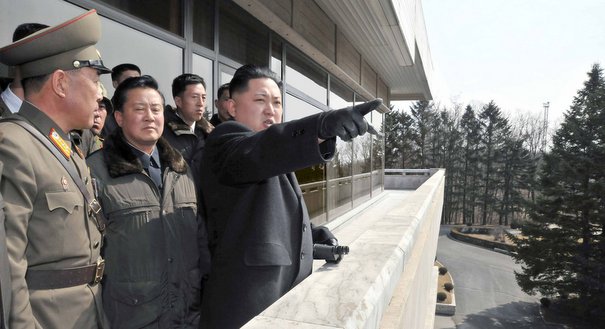Registration
You will receive an email confirming your registration.
North Korea seems to have adopted a new approach to nuclear diplomacy. In contrast to its threatening rhetoric and nuclear test earlier this year, Kim’s policy is increasingly characterized by alternating hard and soft edges and inconsistent decisionmaking. Narushige Michishita, one of Japan’s leading scholars on North Korean diplomatic strategy, provided his analysis of Pyongyang’s behavior, its impact on Japan’s security policies, and the implications for the U.S.-Japan alliance. Carnegie’s James L. Schoff moderated.
Narushige Michishita
Narushige Michishita is director of the Security and International Studies Program at the National Graduate Institute for Policy Studies in Tokyo. An expert in strategic studies, Japanese foreign policy, and security issues on the Korean Peninsula, he previously served in the National Institute of Defense Studies at the Japanese Ministry of Defense, and was assistant counselor for national security and crisis management for the Cabinet Secretariat.
James L. Schoff
James L. Schoff is a senior associate in the Carnegie Asia Program. His research focuses on U.S.-Japanese relations and regional engagement, Japanese politics and security, and the private sector’s role in Japanese policymaking.
